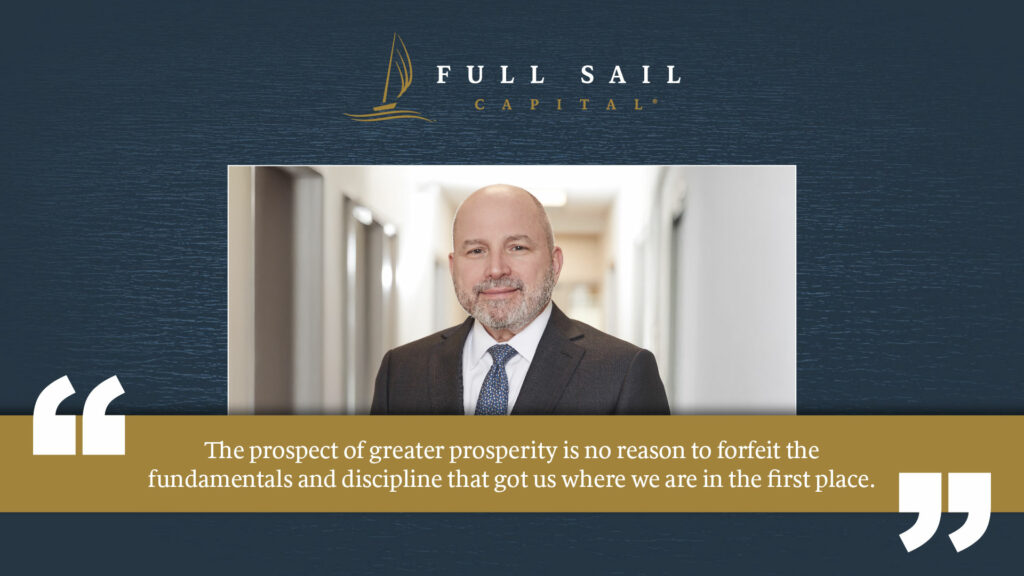When we hear economists outline the state of things, we usually hear about the GDP and CPI along with a rundown on unemployment rates and interest rates. They explain the current economic conditions but are reluctant to predict much about the future.
For that, they lean on all of us through monthly surveys that measure how we feel about what’s over the horizon. And since the presidential election last month, most people have been feeling pretty good about the future.
One index that reflects how optimistic we are about the economy jumped more than 7 points since before the election, reaching 54 in December, the highest level since the summer of 2021. And that’s probably accurate, judging from what you see on the street. Just walk outside and there’s optimism everywhere. Business owners are thinking of expanding in the new year, and people are talking more seriously about buying new homes and new cars.
Optimism can be a powerful driver in a difficult environment, prompting people to do things they wouldn’t consider otherwise, which can generate momentum for a flagging economy. As we all know, optimism can be contagious, and if you doubt that, just sit in the stands and listen to the crowd cheer as your home team makes a fourth-quarter push for a last-second field goal to win the game.
So, it’s not surprising to see when optimism can overtake good judgement in financial markets, where investors throw caution to the wind and bet everything on a hopeful economy and bullish stock market.

There is nothing wrong with confidence and optimism. Lord knows, with all the uncertainty and volatility we’ve seen since the pandemic, we could use a good night’s sleep. But the prospect of greater prosperity is no reason to forfeit the fundamentals and discipline that got us where we are in the first place.
As hopeful as we are, there is good reason for investors and retirement savers to be cautious. Our national debt is too high, and inflation is a problem along with interest rates and credit card debt. Geopolitical tension is also a worry, so in light of all that, some type of event could still shake confidence and jostle markets.
As investors, we should look at things the same way we did during the previous administration and maintain our true north. Unless there has been a dramatic change in your life, the balance of your investments, and your financial plan should be the same as they were a year or two ago.
If equity markets continue to do well, that’s good news and you’re likely to do well, but if there’s a disruption, you’re protected by the bonds and the more stable investments on the other side of your portfolio.
Just remember the greatest lesson any of us ever learned from our grandparents, “Don’t put all your eggs in one basket.”
If we can follow that advice, there is plenty of room for optimism in 2025.
